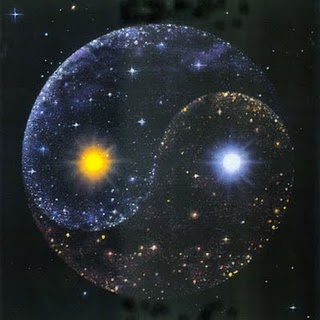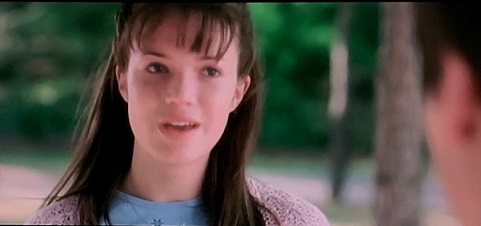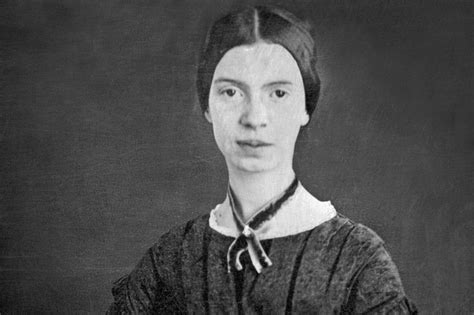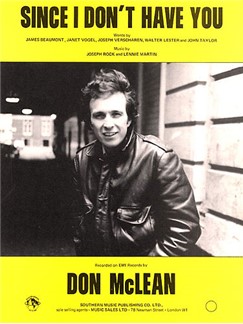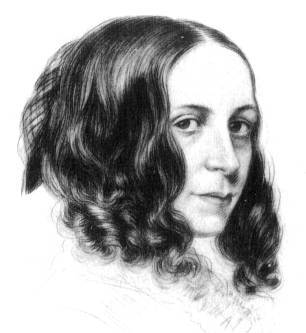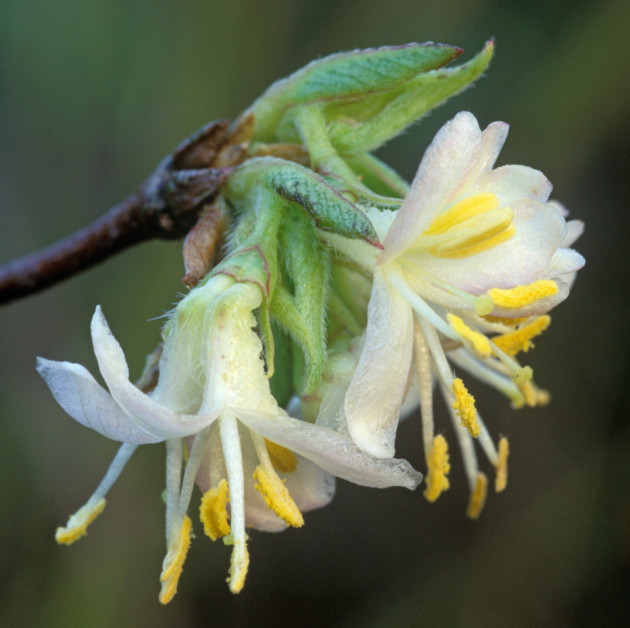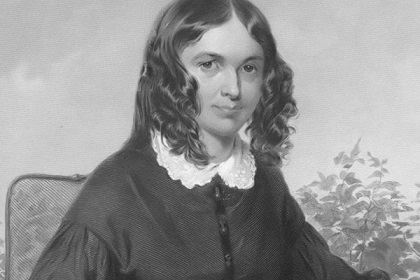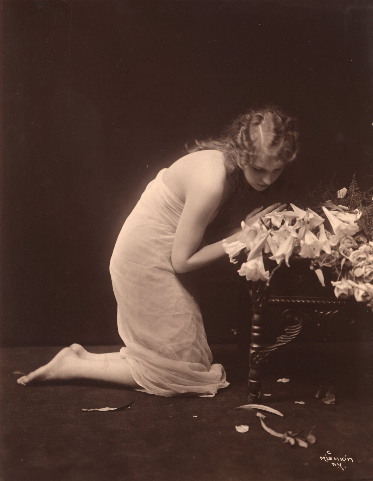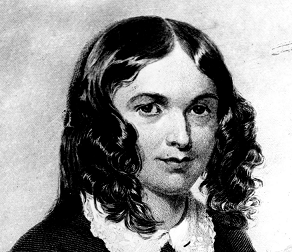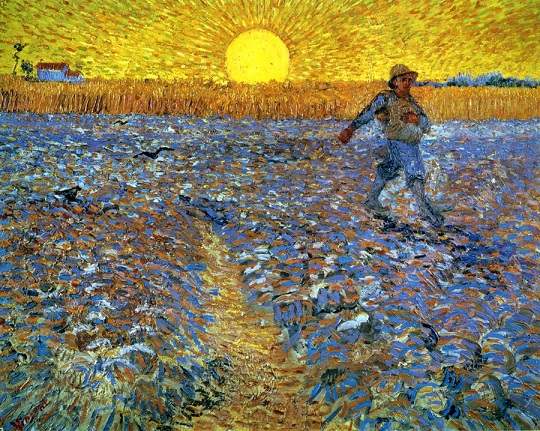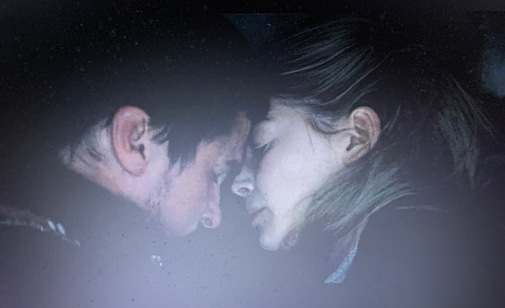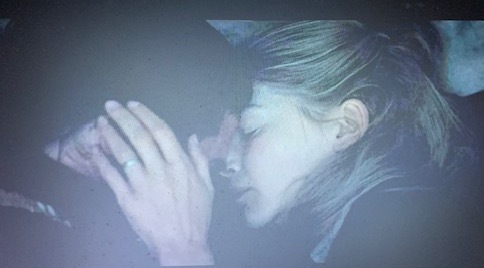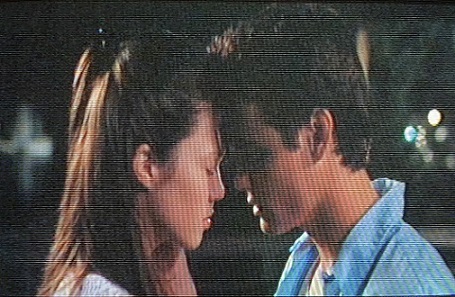|
to remain steadfast in belief, despite lamentation over what we've done to each other, and to ourselves - the missteps of youth, the spurned opportunity, the unprepared heart, the glassy-eyed sensibility, the quick-draw shoot-first temper, the self-serving and epic miscalculations, the walking away from irreplaceable elation simply to be together, the puerile torpor of mind, the insensate worm only vaguely aware of the light -

that love endures, the ember still warms, beneath the charred rubble of the lost years;
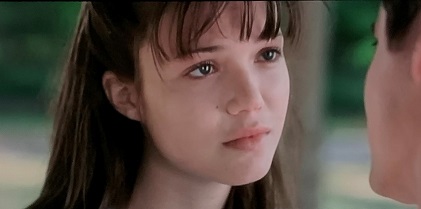
moreover, to trust, though it delay for a “thousand summers,” that Heaven's gift will finally arrive, or return; in this protracted waiting, "too long a sacrifice," Yeats wrote, "can make a stone of the heart"; Emily Dickinson, too, surveying the wreckage of lost love, conceded that waiting "centuries" would be her limit; the true mate, however, sets himself to wait, as long as necessary;
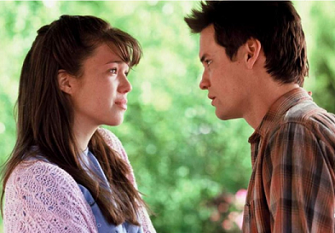
but, this fortitude is not entirely selfless; for, the love he once knew is not to be found in any pretty face, and, as he's learned, there will be no reason to live, without it; therefore, he waits, and builds his life around a central trace of certainty, the whispering soul-assurances of inevitable reunion;

to surrender to Rilke’s dictum, that, no matter how much one has lost in life, no matter the insanities of an earlier time - the disastrous illusions, the defiant attempt to construct an alternate happiness, the betrayal of unspoken pledges, the mistaken identities, the besotting infatuations, the riches-to-rags negotiations, the ill-fitting new covenants, the ruinous mirages of romance, the unrecognized savior, the bartering away for magic beans blunder, the cavalier torching of long-defended bridges, the impudent repudiation of earlier 'constructive assent', the profane trampling of sacred 'what ought to have been', the vengeful unreturned call to life;
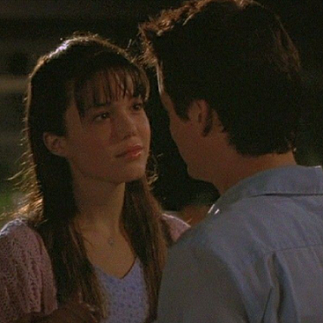
yes, after all this, no matter how unlikely, now discounting the spectacular walking away, the breath-taking ill-consideration, the legendary disavowment - a continuing and durable love, Rilke assures, “is being stored up for us like an inheritance”;
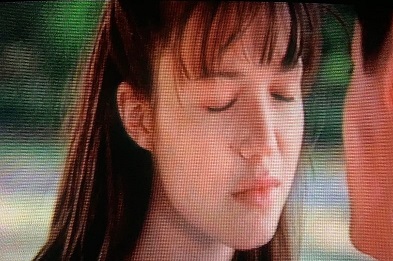
an inheritance as spendthrift trust, beyond the squandering reach of an immature beneficiary; that, despite best efforts to derail and defraud ourselves, it is our destiny to find authentic and perfectly-matching love; that, God created us to live in soul-completing union with a sacred beloved; and, therefore, we must live life accordingly, mindful of the blessing to come;

to save and consecrate oneself for heaven-arranged relationship, for holy romance and God-directed marriage; the ardent nexus of mind touching mind, to be known even as one knows oneself;
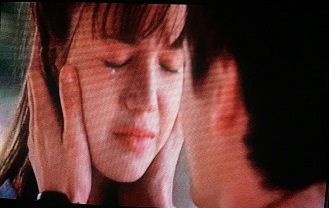
an other-worldly intimacy, a delicious communion, like musical notes in mesmerizing harmony, the dreamed-for "union of spirits"; as the poet has it, “the great relief of having you to talk to,” but, even more, the utterly great relief of escaping solitary confinement of numbing aloneness, the winter-without-spring of the sequestered inner person;
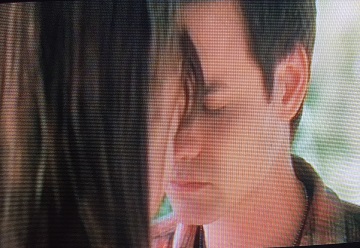
to stand unguardedly in the open sunny air without repressing one's spirit, the true nakedness; to make oneself vulnerable, risking one's dignity, speaking right out loud, daring to speak of the unanswered prayers, the tarnished hope for love; great despair comes for a reason, comes only when a love that might have saved us disappoints; in this ultimate destitution, we easily fail to see purpose in staying alive;

but now, after so long a time, long after reasonable expectation of favorable outcome, the spectre of love-lost as returning from the dead, from the graveyard of buried expectations for happiness - now, suddenly, the faintest bestirrings, former dreams rise unbidden, redistill as reality, "ludicrous propositions" debut in royal purple, soul pledges come of age, unpublished confidences vivify and embody, in the prospect of her coming, the celestial radiance, the personification of life's meaning, that is the sacred beloved;
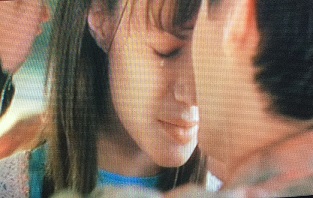
the rekindled hope: to be accepted and desired, for what one is, the true inner person, without mask or role-playing; the heart's supplication to be known, to be cherished as unique treasure, and this, with Elizabeth, sans "parceque," "not for a reason"; to offer love and be loved, without fear of rejection; to luxuriate in the safety and heart-comfort of mutual exclusivity, a "secret garden with ancient flower," the extreme delight of darling companionship;
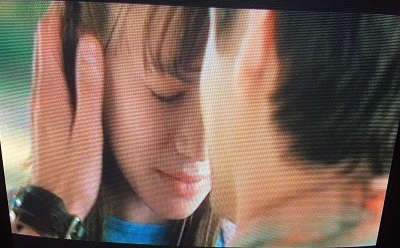
but, even all this is not nearly enough to satisfy one's true mate; this yearning to be accepted and desired, cherished and treasured, must be strictly matched by what Troubadour Spirit-Guide Margaret referred to as “equal ardor,” equal measures of mutually proffered love;
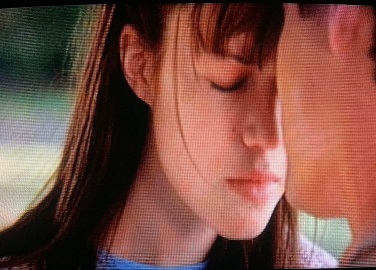
for, a great fear, harbored by the one who was made to love you most, is the lop-sided relationship, the profound dismay and discountenance, the disconcertion and discomfiture, of loving more than one is loved; in this misgiving, the trepidation of lukewarm reception, he begins to lose courage and exclaims, "forgive me for wanting you so";

however, such terror of imbalance, the unreconciled ledger of the heart, cannot, in the end, befall those who share a mirroring soul essence; forces come in pairs: the seeming Force A and Force B are not solitaries but a mutually interacting and unitive Force A-B; stated poetically, you cannot touch without being touched; and though John and Mary would disagree, with authentic love it's not possible, at the end, to languish unrequited, as all soul-linked ones will find each other; rather, for some, find their way back to each other;

to refuse to become disillusioned with the never-ending nightmare, the interminable wilderness years, during which, as the poet instructs, “the time I spent confused, was the time I spent without you”; those lost years of unlife, existing now as dreaded memory, haunting realization, of things left undone, unaddressed, at critical hinges of one's history - oh, oh, how few and meager were our halcyon days, how quickly they disowned and fled from us;

even so, now, with fortitude, to honor the difficult lessons God requires of us; to forgive oneself of the sin of immaturity, of silence when one should have spoken; and then to sense, despite all having gone wrong, that somewhere out there still exists an opposite-sameness created as specific answer to unique definitions, not merely of elation but, of life's purpose; for, with her coming, all "snowflakes begin to fall to their appointed place";
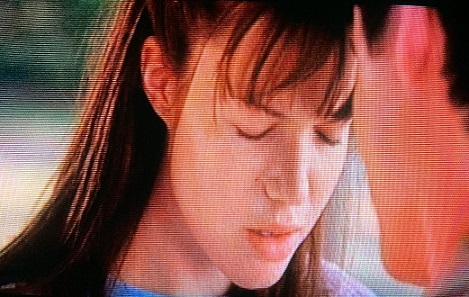
even more, to perceive, in and with her, a new definition of romance and darling companionship, reaching beyond “lover and beloved” with its implicit distance between “subject and object”, extending well beyond egoic duality to the unitive status of the transcendental “One Person”;
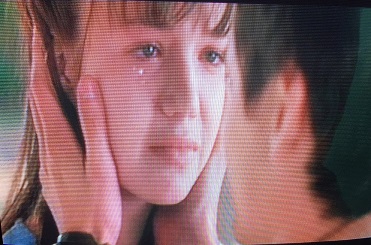
to receive as "tremendous gift" (referred to as such by ancient Spirit Guides), from a destined dearest, more than ordinary creature-comfort and bio-thrill, but to include, as per "The Wedding Song," that most rare commodity - “something never seen before” - immersing one, whether you want it or not, the unbidden perception of utter familiarity, an unscheduled collapse of ego boundaries, an unexpected melding, a deletion of distance with love at the speed of light - with light as harbinger of the only reality - an inexplicable sense of "no you and no me," the overwhelming and deliciously suffocating feeling of "coming home" to the one person in the universe who is just like you, the complete rest to the soul known only in her presence, the swooning ecstasy of an affirming of one's very existence;

all of which, the ancient Spirit Guides attest, becomes the apodictic and conclusive evidence of the coming of the sacred beloved - this is not like John and Mary happily meeting at church or a dance on Saturday night; for, when it happens for you, there is no possibility of mistake as to her cosmic identity; and this why, when it happens for you - like purchasing the proverbial field, no matter the cost, containing the buried treasure of great value, or like returning to Shangri-La, no matter the peril to one’s person - Twin Souls will “leave father and mother,” and every and all societal claim upon them, will upend their well-ordered lives, will do whatever they need to do, to be together; this kind of love creates its own vector of destiny's force, its own morality, is not the ego's choice, but your soul's choice, and the soul cares little whether any of us, at the level of personality, might initially disagree;

to enter clarity that "made in the image" also means "custom-crafted"; that is, when she, the true mate, finally comes, she will be perfect - perfect for him, perfectly mirroring all that he ever wanted; and even more, for he did not truly know what he wanted until she presented it to him;

to discover that the centuries-debated ordering principle of life, even the chief constituent of heavenly felicity, plus the essence of Divinity's secret mind, find focalization in the radiance of one particular girl; to realize, in a concussion of wonderment, an unremitting astonishment, a flooding sense of marvel, that "existential meaning," his quest to find reason to stay alive, all of his midnight-confession hermitical years of bargaining with God, now take human form, are reified, by one particular girl;
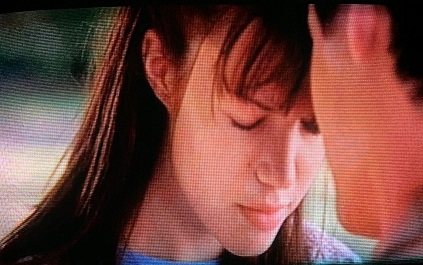
there is no destitution, no searing grief, to surpass the loss of his “one particular girl”; not even the undoing of his own life could compare, for, as he learned, learned to the utmost, during the hermitical years, life was not worth living, without her; as Elizabeth confessed to Robert, "how can it make me happy, such a thing as my life? it never made me happy, without you.”

it has often been asked, will we recognize each other in the hereafter? “ahh, how little,” lamented theologian F.D. Maurice, “we have recognized each other here”; but how difficult to surmount, he warned, the “hindrances to recognition and sympathy”; yes, how did that one particular girl go unnoticed; in some cases, growing up before one's very eyes, but undetected; one particular girl, covertly holding title-deed to a particular other’s life and breath, his very reason for living, but remaining hidden in plain view; truly, this is blindness, indeed; and, yes, how little we have recognized each other here;
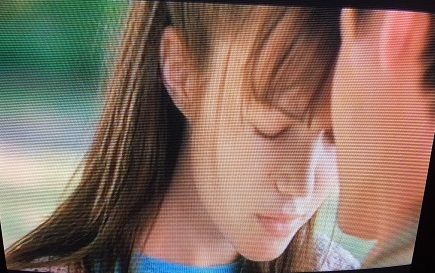
others may commend her beauty as pleasing symmetry, but he sees more than poetry as external form; only he apprehends her beauty as "consonance with the whole," a "translucence," a shining through, "of the eternal splendor of the One" and of the Truth; only he perceives her loveliness as sacred portal to an inner knowing as she reveals, as no other pedagogue, the hidden face of God;

and, therefore, when he exclaims, gushing with superlative, abandoning all caution, that she is the most beautiful girl in all the world, he suffers not from fatuous idealization but speaks accurately; for him it is true, as only he envisions all that she will yet become in a blossoming of latent soul-riches, which manifestation will be shepherded by his encouragement;

“beauty,” counseled Emerson, “is the mark God sets upon virtue,” even if that virtue resides in potentia; moreover, her “beauty is prophecy,” asserted Jackson Davis, “of the perfection” to come, a commensurate palace wherein dwells a destined eminence; Plotinus, also, suggests that beauty, more than outward form, is the soul's recognition of primordial origins, cosmic purpose, and eternal destiny; there is a perception of beauty not of visual stimulation but communion with a higher order;
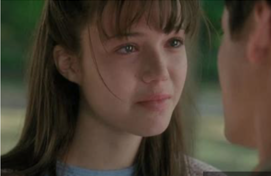
with his assertions of fealty, paradigms shift, one's center of being realigns, eyes begin to open, as she suddenly perceives him as someone new -- the long sought-for Twin Soul, once hidden in plain sight but, now revealed as her destined eternal friend and guide; each to the other is finally recognized, not by outward beauty but, by an inner resonance with one's soul music;

in this cataclysmic-upheaval unveiling of cloaked identity, they enter a magical sanctuary of bonded oneness, a sense of wholeness and integration, of complete rest to the soul, that "secret garden with ancient flower," an enchanted new world wherein the glitter does not fade, romantic fervor knows no abatement, there is no "nasty habit of disappearing overnight";
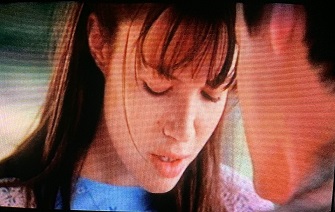
in her coming, the nature of reality itself, the quantum undergirding, becomes transformed; one's spirit is jettisoned, even against one's will, into higher orbit; the once-bleak landscape of dreary existence now shimmers with current of celebration, everything seems to glisten in her presence, the mundane is recast as lustrous, a hint of sparkle invades his head - especially in her beaming expressions of delight to be with him - as the radiant visage of the goddess sets the firmament ablaze, upstaging an envious sun;

age-old prophesies heralded this marvel; for, with God's salvation of broken dreams, a new creation day dawns, the Spirit once again hovers over roiled waters, all things are reborn and redefined, all things are refashioned and revised, as she arbitrates with herself, and dares, to believe in second chances;

Love Personified unexpectedly arrives and now tabernacles among mortals; the mournful "calling of the heart" is finally pacified; the ancient doctrine of beatific vision is fulfilled in her "made in the image" glory; truly, in a cosmic moment, all things are made new - the abandoned future is reclaimed and rescued, the sorrowful past is redeemed and reinterpreted, and the eternal present moment issues as the reviving and refreshing living waters of resplendent joy;

and now, after so long a time, far beyond the defining moment of ill-fated youth, long after the epicenter of searing loss, sending him to vagrant trudging toward a forbidding prospect, devoid, said Spirit Guide Margaret, of “all that makes life tolerable”; that great loss, the epochal event of destitution, against which he had marked the days of his vacant existence;
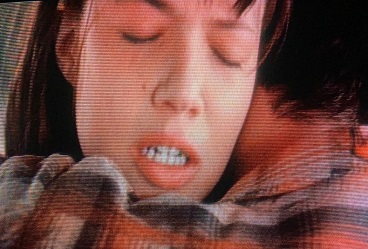
well after the unprepared heart, the puerile torpor of mind, the unrecognized savior, the unreturned call to life, the spectacular failing; as the poet has it, "you say, go slow, I've fallen behind, and the drum beats out of time";
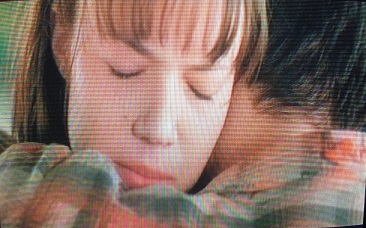
like an aimless sojourner, confused and dazed, wandering in a time not his own, as one long given up as irretrievably apart, he staggers through unlife; but then, slowly, begins to salvage himself, agrees with himself, that suffering has meaning, that the long wilderness years concealed a purpose, that soul pledges and sacred destiny will not be thwarted, no matter the besetting "handicap, obstacle or impediment”.
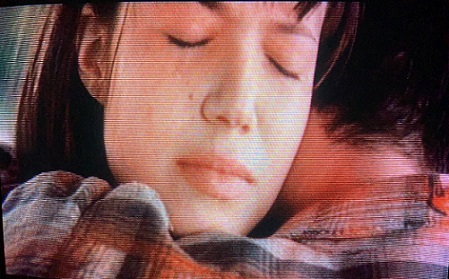
"There is a funeral in my brain"; however, in spite of all that happened, and all that didn't: the chasm-wide divisions of the heart, the unbridgeable parting of ways, the astonishing misreckonings, the radioactive and high-handed unkindnesses, the breath-taking misunderstandings, the outrageous accusations, the unreachable forgiveness, the insolent invective designed to maim and scar, the apoplectic and contemptuous aspersions, the bacchanal revelry of self-destructive intent, the “madness maddened” targeting a former love, the scornful turning away from natural law written upon the tablets of the heart, the high crimes and sins against holy romance -- so severe as to render its victims unwilling, with an oath, to entertain any future rapprochement, in this world or in worlds to come; however, notwithstanding these shatterings and shards of life-and-love which could not be mended, like a farcical dream wherein nothing could be made to go right;

“outrages and unkindnesses” – these charges remind us of words between Kahlil Gibran and Mary Haskell; “I feared,” said she, “that I had harmed that which is between us”; much worse, she wondered if her betrayals would mean that what they had together would now be “forever less,” a tarnished ideal, a lingering unforgiveness, her image as personification of Love sullied, to “all eternity”.
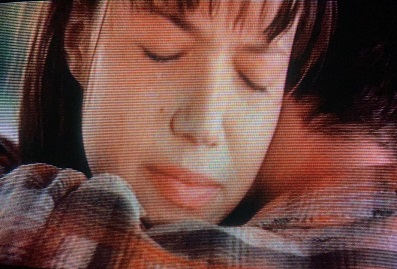
Is this judgment too harsh? for, if so, who could be married? nevertheless - can a man be with a woman, for all eternity, if he cannot worship her, find inspiration from her, envision her, as font of purity, life, and light?
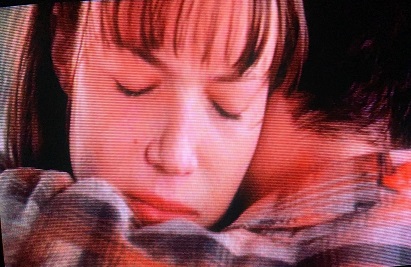
"You picture me, I'm walking too far ahead, you're calling to me, I can't hear what you have said"; despite the systemic and perennial out-of-phase element of their lives; with utmost anomaly, even against his long-cultivated anger and sometimes-defiant ill intention...
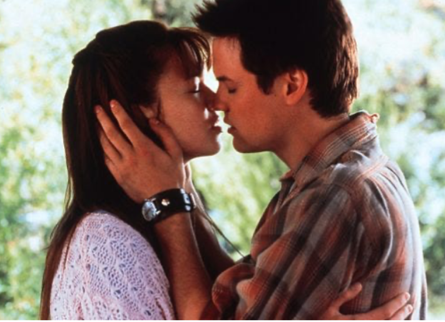
he finds himself spinning toward an unforeseen perdition of the ego ... creativity's ultimate discontinuity ... now colliding with the "translucence of the eternal splendor," awestruck and lost in an amazement of love ... solely to know her, simply to share life with her, just to do all things with her;
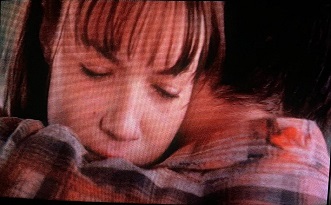
it is the darling companionship "resting in God"; the Gospel of Thomas speaks of "rest", the end of strivings for satisfaction to fill the existential void; the mystic Carlyle Petersilea expressed the same concerning the sacred beloved:
“It was the first time in my life that a sense of home and complete rest had filled my soul… Obey me implicitly in one thing. Do not marry for any consideration [of status, comfort, or physical beauty]; if you do, bitter woe will be your portion, and a lifelong misery on earth; every morning you will desire death, and every night your pillow will be wet with tears… [why will you curse yourself thus?] wait for the counterpart of your own soul.”

Our spirits crave this sense of homecoming and complete rest. Elsewhere, we learned that the Hebrew text of Genesis conceals this very concept. Man and Woman seek for each other by a principle of “gluing.” This acknowledges a present psychological condition of “I am half, I am bereft, I am separate from the one meant to complete me”; until she is found, there will be no soul-based peace and tranquility; with her arrival, waves of homecoming and complete rest might inundate;

therefore, we advise ourselves to wait - wait! for “the sense of home and complete rest to the soul” experienced only in her presence; wait, for “the great relief of having you to talk to”.
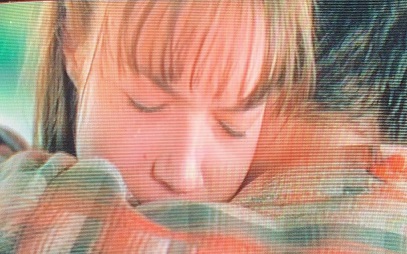
Can love deceive us? We know the answer too well, but what if the evidence suggests the existence of a real soul-bond? The answer is still yes, we can be deceived, even for a very long time; but, how can this be, as only a soul-bond might engender certain higher experiences of love? as such, how could it be possible to fall victim to false reading?
The answer is, there can be many soulmates, ones with whom we share significant bond, but, among these, there will be only one Twin Soul. A mere soulmate, one we are not meant to marry, might offer momentary glimpses, faint echoes, tiny flashes of mystical experience. It can all seem very real, and it is real, but only as sign-marker to another yet to come.
How to protect ourselves from this grand delusion? David Bohm said it best, “We have to be constantly sensitive to incoherence” as “the ego will distort reality" to impose its will. We want this too much, and so we allow a degree of blindness, beguiling ourselves. Yes, the soulmate will offer a measure of evidence of authentic soul-bond, but it will come with warning signs, a sense that something is not altogether right. The mere soulmate can provide a transitory “rest to the soul,” which severely deceives us, as it feels so good - and therefore we might easily repress the “incoherence,” the nagging doubts, attendant to the passing sense of “rest”.
However, a day will come when we meet the authentic Twin Soul. With her, there is no momentary "rest to the soul," no fleeting glimpse, no dying shooting star; with her, it’s all steady state, steady stream, a continuing glowing soul-vibrancy that refuses to shut down. And I think this is the real test of authentication.
The difference is utterly stark and internally disheveling. And in the tidal wave of her coming -- her dazzling and scintillating spirit and life-essence -- she sweeps away all that you thought you had with another, a relationship which may have endured for many years, but reduced to escape from "human bondage".
Twin-Soul love, all that she is to you, now instantiates itself as ultimate reality.

Let us epitomize, in short compass, all that we've said here, the essence of her tremendous gift. What is it like to meet the true mate?
Outwardly, she is not more beautiful than other stellar girls; nor, objectively, is she more inwardly refined than her peers. But, she will make you feel that she is. Strictly speaking, she enjoys no special ability to accomplish this marvel, in that, her offerings are not greater in degree but different in kind.
The epicenter of difference lies in the affinity of particularized soul vitalities; you can’t have this with just any pretty face. What she is, her deeper person, will perfectly match, in an opposite-sameness way, the essential you. This unique confluence overwhelms as the “utter familiarity,” the “coming home,” the “complete rest to one’s soul.”
All this acknowledged, Dr. John Welwood might offer the best description of the process: “A soul connection is a resonance between two people who respond to the essential beauty of each other’s individual natures." Exactly correct.
Very often on WG it’s been put forward that encounter with a mere pretty face is something that strikes one as “empty.” But now we know what that emptiness is about. It is to seek for the reflection of the beauty of one’s own essential nature, in another, but to come up empty.
This reflected existential energy from the true mate issues as unbroken flow, a continuing sense of a beauty so great as to invite the unreasonable superlative "I have discovered in her eyes and visage the hidden face of God" - and this shocking perception becomes the clinching test, identifying authentic romantic love.
The unions of this world, with resolve of will, pledge to "forsake all others." But this votive forbearance does not apply to authentic love and marriage, because there are no others. The tidal wave sweeps clean.
phototropic
I’ve sometimes depicted an immature boy as an “insensate worm only vaguely aware of the light” – I have no idea how such image could come to me, but – why should we become aware of light at all?
Many times in these writings it has seemed only natural to describe the true mate in terms of light’s splendor: radiant, shimmering, glowing, scintillating. Is it not more than overused metaphor to suggest that she, like the sun, becomes a life-source, to a certain one transfixed in orbit? And is he not like an unfolding blossom, tracking the arcing movement of the morning sun, drawn to its vivifying energies?
Phototropic is a good word for us; literally, “turning” toward “light.” And isn’t this a prime function of her divine commission? leading her mate – the very one she once knew as insensate worm – leading him, by the effulgence of her sainted person, into the empyreal realms of higher levels of consciousness.
In this respect, she is like a quasar, the brightest light source in the universe, bedazzling, outshining, adumbrating, entire galaxies. But only to you. It is the quasar within, a super-enveloping light display of mutual resonance, declaring the beauty of the beloved's essential nature.
|
